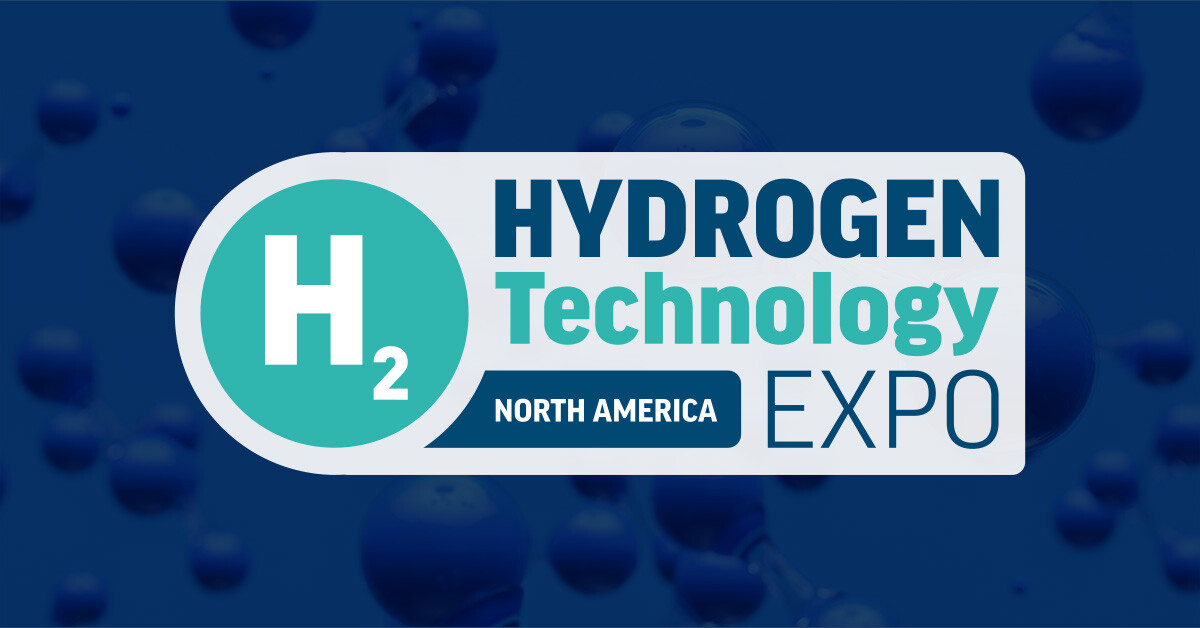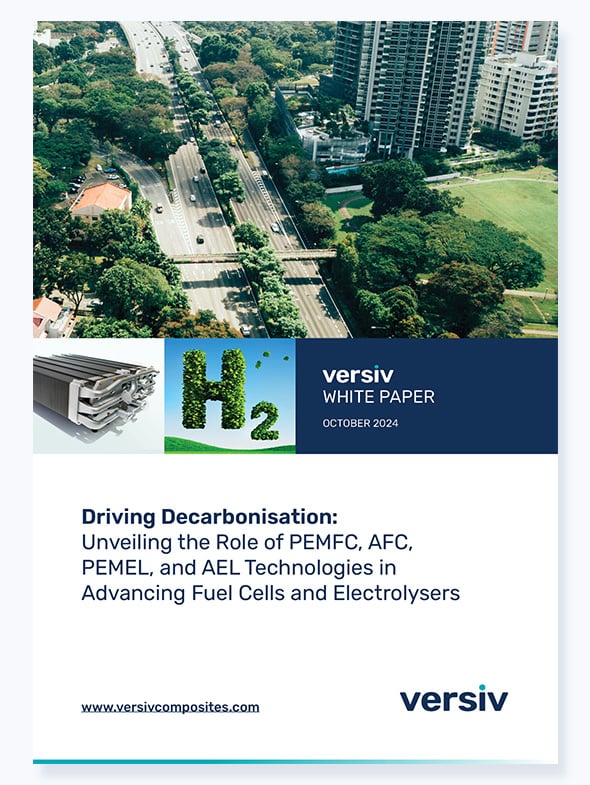

The recent Houston H2 Expo underscored the growing momentum within the hydrogen sector, marked by increased exhibition space and attendee numbers. However, the industry continues to grapple with significant hurdles.
Held at the end of July, it is one of the largest H2 industry events worldwide and a must-attend for all stakeholders across the supply chain.
A common theme among attendees was the challenge of scaling up production. Technical intricacies, workforce limitations, and supply chain disruptions have hindered progress. The competition for skilled talent is fierce, with industry stalwarts often poaching experienced personnel.
I met and heard from delegates from all over North America and worldwide and there was a pattern of concerns about delays in hydrogen tech development across the board, from production issues around technical detail, design freeze, manpower and employee migration and machine breakdown.
There was also a familiar issue with lack of regulation – with questions like, "How much O2 is ok?”, “How much leakage is ok?”
While large-scale electrolyser projects gain traction, the mid-size segment faces challenges due to reduced subsidy support and regulatory uncertainties. From speaking to government officials in Germany, the war in Ukraine is seen as partly responsible in Europe, impacting resource allocation and project timelines.
Simultaneously, the demand for advanced materials is escalating. The push for higher efficiency and durability has intensified the need for superior PTFE gaskets or electrolyser gaskets that can withstand demanding operating conditions. The industry is seeking solutions that offer enhanced stability, reduced leakage, and protection for decal transfer processes.
This increasing demand for perfection in surface finish for decal transfer substrates was particularly evident. Standards are getting higher and tolerances tighter.
To learn more about Versiv's fuel cell and electrolyser solutions, please visit our dedicated section.




